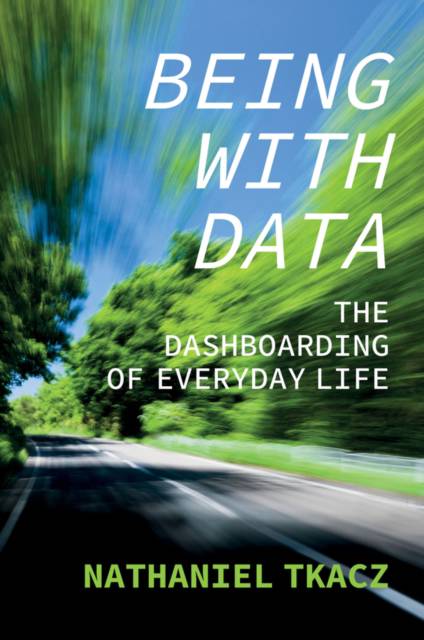
- Afhalen na 1 uur in een winkel met voorraad
- Gratis thuislevering in België vanaf € 30
- Ruim aanbod met 7 miljoen producten
- Afhalen na 1 uur in een winkel met voorraad
- Gratis thuislevering in België vanaf € 30
- Ruim aanbod met 7 miljoen producten
Omschrijving
Once the rarified stuff of scientists and statisticians, data are now at the heart of our global digital economy, transforming everything from how we perceive the value of a professional athlete to the intelligence gathering activities of governments. We are told that the right data can turn an election, help predict crime, improve our businesses, our health and our capacity to make decisions.
Beginning with a simple question - how do most people encounter and experience data? - Nathaniel Tkacz sets out on a path at odds with much of the contemporary discussion about data. When we encounter data, he contends, it is often in highly routinised ways, through formatted displays and for specific cognitive tasks. What data are and can do is largely a matter of how they are formatted. To understand our 'datafied' societies, we need to turn our attention to data's formats and the powers of formatting. This book offers an account of one such format: the dashboard. From their first appearance with the horse and carriage, Tkacz guides readers on the historical development of this format. Through analyses of car dashboards, early managerial dashboards, and the gradual emergence of dashboards as a computer display technology, Tkacz shows how today's digital dashboards came to be, and how their cultural history conditions the present.
Highly original and wide-ranging, this book will change how you think about data.
Specificaties
Betrokkenen
- Auteur(s):
- Uitgeverij:
Inhoud
- Aantal bladzijden:
- 256
- Taal:
- Engels
Eigenschappen
- Productcode (EAN):
- 9781509545322
- Verschijningsdatum:
- 22/08/2022
- Uitvoering:
- Paperback
- Formaat:
- Trade paperback (VS)
- Afmetingen:
- 154 mm x 229 mm
- Gewicht:
- 403 g

Alleen bij Standaard Boekhandel
Beoordelingen
We publiceren alleen reviews die voldoen aan de voorwaarden voor reviews. Bekijk onze voorwaarden voor reviews.











